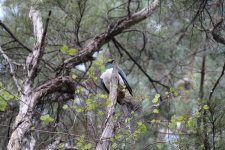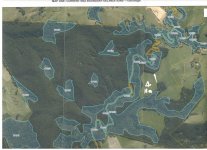Kia ora,
Hello!
Not sure where the best place to post this is but here we go:
We are a group of STEM students studying abroad in Wellington, New Zealand, from January 7 to March 1. We are from Worcester, Massachusetts, USA, studying at Worcester Polytechnic Institute (WPI). Our focus while we are abroad is to research the effect of seasonal shifting on beekeeping and how climate change and technology have potentially altered calendar perception. We will be working with the global CALENDARS Project to further their research on how individuals and communities perceive shifts in seasonal patterns across diverse activities and livelihoods.
We would love to gain your insight on this topic and do an interview while we are in New Zealand, if you would be willing to talk with us. If you know of any other contacts who would be interested in providing information for us, we would love to be put in contact with them to learn more about beekeeping.
Thank you for taking the time to consider our project, and we hope to hear from you soon. If you have any questions, please do not hesitate to reach out. We look forward to hearing back from you.
Sincerely,
Alaina (Chemical Engineering)
William (Electrical and Computer Engineering)
Cole (Robotics Engineering and Computer Science)
Aaron (Industrial Engineering)
Hello!
Not sure where the best place to post this is but here we go:
We are a group of STEM students studying abroad in Wellington, New Zealand, from January 7 to March 1. We are from Worcester, Massachusetts, USA, studying at Worcester Polytechnic Institute (WPI). Our focus while we are abroad is to research the effect of seasonal shifting on beekeeping and how climate change and technology have potentially altered calendar perception. We will be working with the global CALENDARS Project to further their research on how individuals and communities perceive shifts in seasonal patterns across diverse activities and livelihoods.
We would love to gain your insight on this topic and do an interview while we are in New Zealand, if you would be willing to talk with us. If you know of any other contacts who would be interested in providing information for us, we would love to be put in contact with them to learn more about beekeeping.
Thank you for taking the time to consider our project, and we hope to hear from you soon. If you have any questions, please do not hesitate to reach out. We look forward to hearing back from you.
Sincerely,
Alaina (Chemical Engineering)
William (Electrical and Computer Engineering)
Cole (Robotics Engineering and Computer Science)
Aaron (Industrial Engineering)




